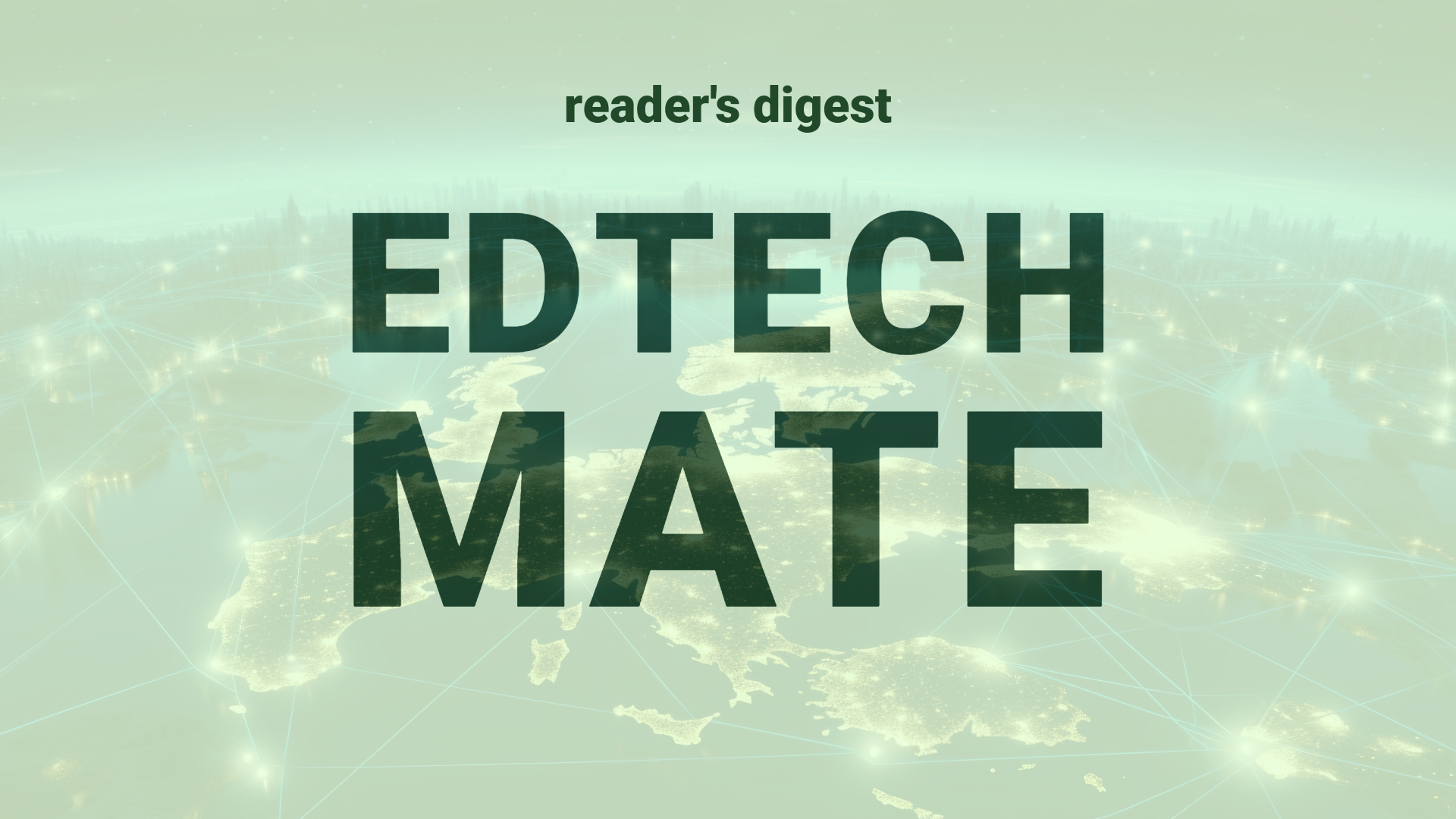Executive Summary and Main Points
In the latest unfolding of events in the technology and gaming sectors, we have witnessed a significant development in the labor landscape with approximately 600 software testers at Activision forming what is so far the largest union within the U.S. video game industry. This unionization occurred under a newly agreed labor deal as part of Microsoft’s considerable $69 billion acquisition of Activision. The deal itself, subject to regulatory scrutiny, embodies Microsoft’s strategic expansion into gaming and interactive entertainment. Importantly, Microsoft has committed to labor neutrality, reinforcing its position on worker autonomy and unionization. The sequence of events included Microsoft laying off a significant number of workers from its gaming division. The spotlight is on the Quality Assurance (QA) workers who seek better remuneration and career advancement opportunities, spotlighting the value and necessity of their roles within the industry.
Potential Impact in the Education Sector
The unionization movement and Microsoft’s acquisition could set a precedent for labor relations and corporate acquisitions that can influence Further Education and Higher Education realms. The actions taken by Microsoft to maintain neutrality and facilitate open dialogue about unionizing may encourage other tech companies to uphold similar practices. As the role of QA is emphasized, these sectors could experience evolving perspectives on similar jobs. Higher Education institutions that produce graduates for the tech sector might see increased student interest in industrial relations and labor rights within their curriculums, and potential for strategic partnerships with tech companies supporting unionization. This movement also aligns with the growing demand for Micro-credentials that offer specialized knowledge in fields like labor law, human resource management, and software testing, thus impacting their development and integration in the digital economy.
Potential Applicability in the Education Sector
The activation of labor unions within tech giants like Microsoft can act as impetus for AI and digital tools aimed at enhancing transparency, communication, and collaboration in global education systems. AI could foster virtual platforms for collective bargaining, peer support networks, and global discourse on worker rights, which are beneficial for both educational institutions and tech partnerships. Digital transformation tools may also be used for career path mapping, skill development tracking, and personalized learning experiences that reflect the evolving job landscape brought about by such mergers and unionizations.
Criticism and Potential Shortfalls
Criticism may arise concerning the application of these labor dynamics within different cultural and ethical contexts. For example, the Western model of unionization might not align seamlessly with international education systems where labor laws and union influence vary dramatically. There can be resistance from institutions due to concerns over governance autonomy and resistance to change. Additionally, the technological disparities between developed and developing regions could result in unequal adaptation to similar systems, and ethical implications regarding data privacy and workforce surveillance might arise with the implementation of AI and digital monitoring tools. International case studies may reveal discrepancies in acceptance and outcomes of such unionization efforts and technological adoptions.
Actionable Recommendations
To embrace these technological transformations, leaders in international education should consider establishing clear guidelines for engaging with tech companies that support ethical labor practices. Partnerships can be formed with companies that honor neutrality in union efforts, ensuring that graduates are entering work environments that value their rights and contributions. Strategic insights could include incorporating digital literacy and labor rights into curricula, adopting AI-driven career services for students, and creating micro-credential programs in labor law and digital tools analytics. The harmonization of such programs with global labor trends can offer students a more realistic and comprehensive view of the international work environment they will enter upon graduation.
Source article: https://www.cnbc.com/2024/03/09/new-activision-qa-union-is-the-largest-in-the-video-game-industry.html

